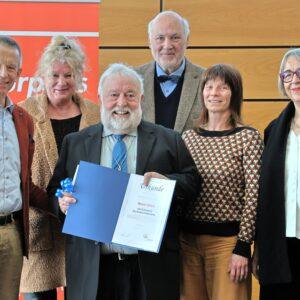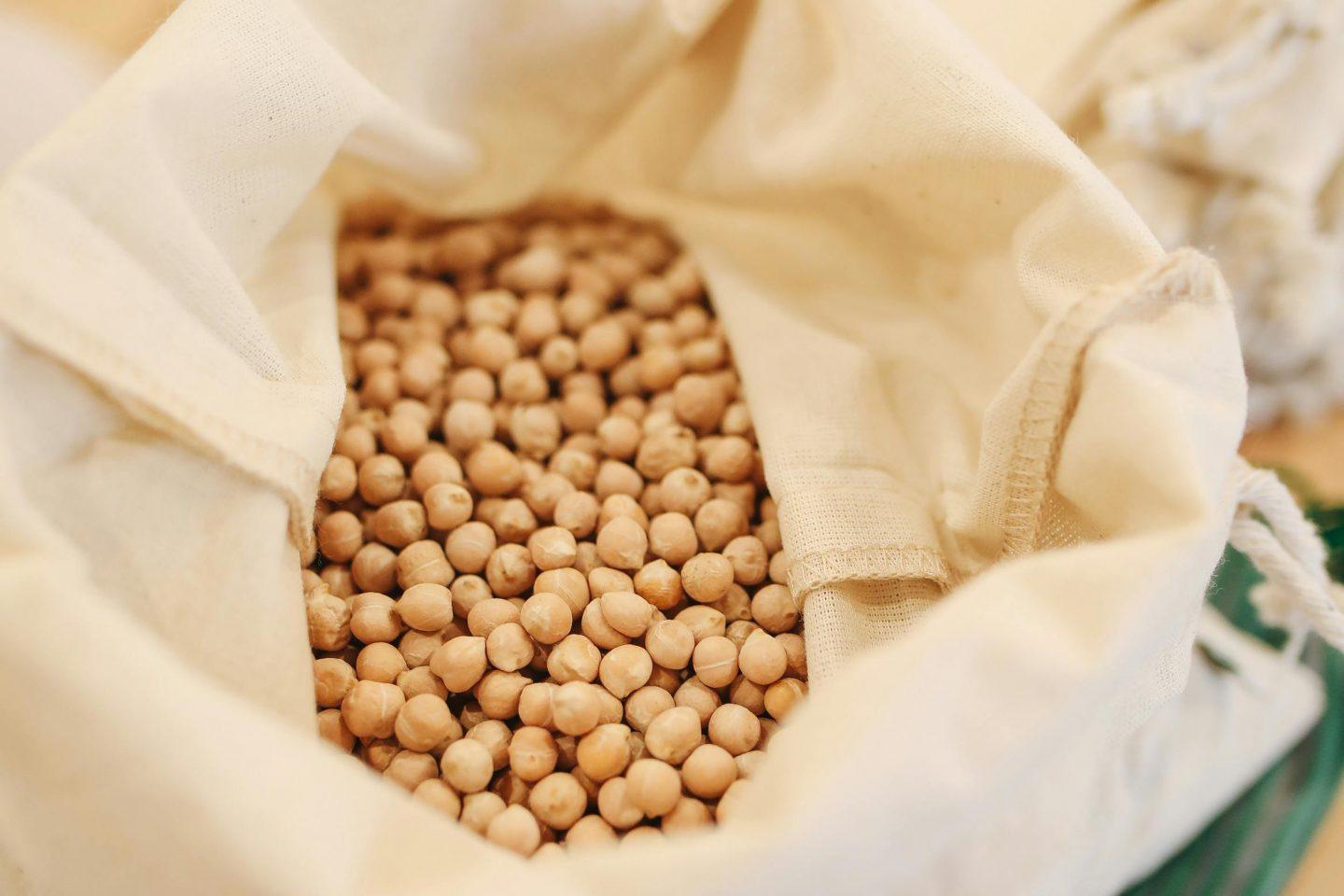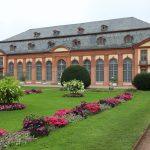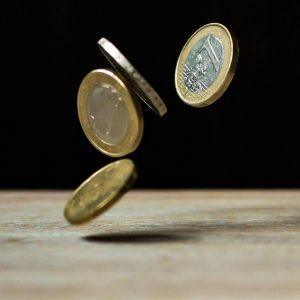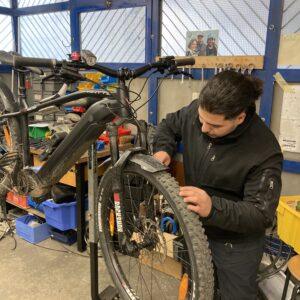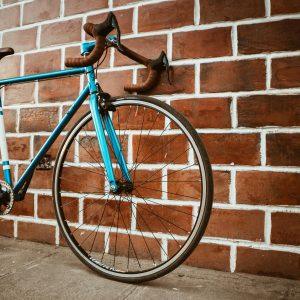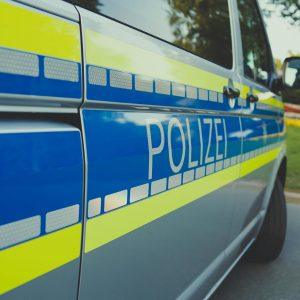ADVERTISING
Project in the southern eco-model region delivers good yields and is looking for buyers
DARMSTADT/SOUTHERN HESSE – Heat and drought resistant, high in protein, and versatile: The chickpea could become a real alternative in agriculture in southern Hesse. A current cultivation trial shows that the legume thrives here. Under the motto "Here I am! Can the chickpea become established in southern Hesse?" , the project is now in its second year – and the first harvest results are promising.
One participating farmer has already harvested 4.5 tons, and the remaining five farms will harvest within the next two weeks. In 2024, the results were still affected by wet weather and a lack of experience. "Climate change also presents local agriculture with the challenge of adapting and exploring new avenues. Cultivating chickpeas, which thrive in warm and dry conditions, appears to be a promising alternative," explains climate protection officer Michael Kolmer .
Building marketing structures
Because it was initially uncertain whether sufficient quantities would be harvested, there were no buyers until now. A marketing structure is now to be established – supported by the Southern Organic Model Region (ÖMR) , which is overseeing the project. Three of the six participating farms operate organically, so both organic and conventionally grown chickpeas will be available.
Interested customers from the retail and catering sectors can contact the City of Darmstadt directly (email: umweltamt@darmstadt.de ). With its high protein content, chickpeas are particularly suitable for canteens, cafeterias, restaurants, commercial kitchens, farm shops, and the retail food sector. Tastings conducted by ÖMR Süd show that locally grown chickpeas are very popular.
Advantages in cultivation
"Rondo" variety this year , which already proved its worth with stable yields in 2024. Besides its high nutritional value, the chickpea also offers agricultural advantages: its roots form a symbiosis with soil bacteria that fix nitrogen and thus improve soil fertility – contributing to the reduction of fertilizers.
The ÖMR Süd project imparts knowledge about cultivation and develops structures for processing and marketing. It is funded by the state of Hesse in 2024 and 2025 as part of the Organic Action Plan 2020–2025 .
(DARMSTADT – RED/PSD/stip)



